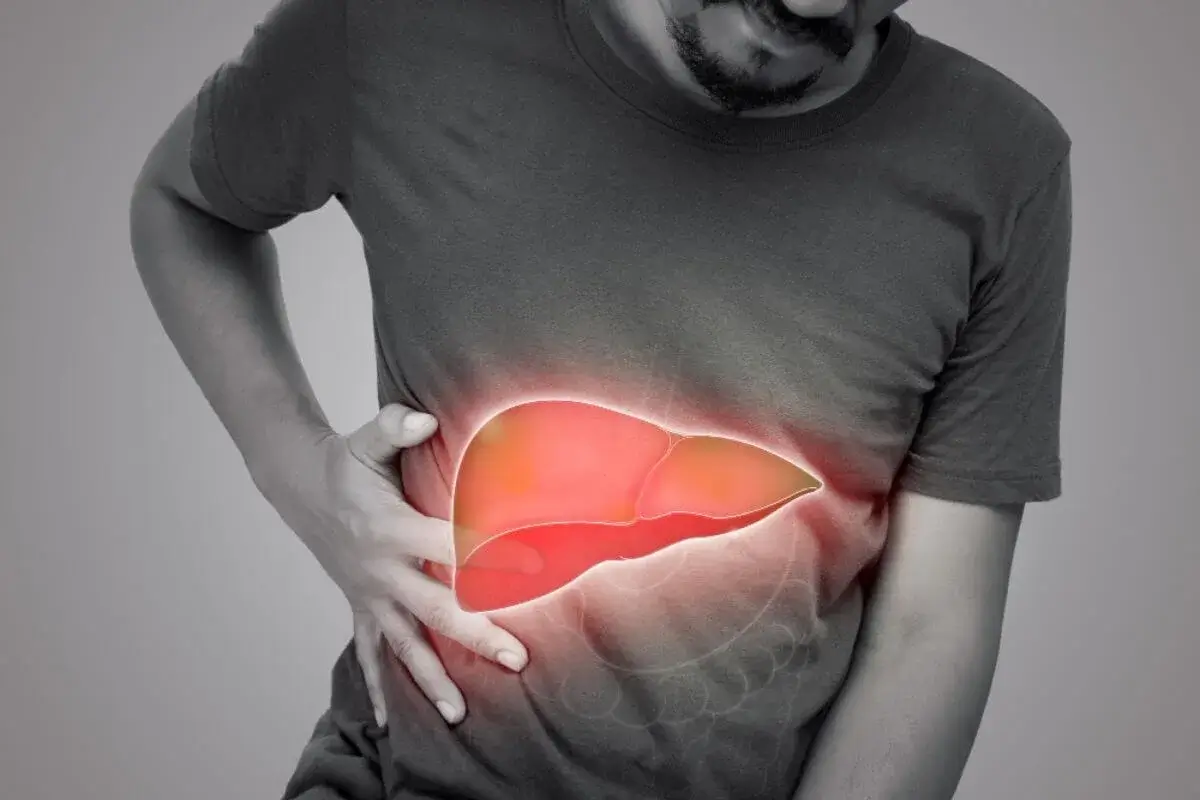How is Hepatitis A transmitted?
Hepatitis A is primarily transmitted through ingestion of the virus from contaminated food or water. Key points of transmission include:
- Fecal-Oral Route: The virus is excreted in the feces of infected individuals and can contaminate food or water that others consume.
- Close Personal Contact: Direct contact with an infected person, such as caring for someone who is ill or through sexual contact, can spread the virus.
- Consumption of Contaminated Food or Water: Eating food or drinking water that has been contaminated with the virus, often due to improper handling or poor sanitation, can lead to infection.
What are the symptoms of Hepatitis A infections?
Symptoms of Hepatitis A can range from mild to severe and typically appear two to three weeks after exposure to the virus. Common symptoms include:
- Fatigue
- Sudden nausea and vomiting
- Abdominal pain or discomfort, especially near the liver
- Clay-colored bowel movements
- Loss of appetite
- Low-grade fever
- Dark urine
- Joint pain
- Yellowing of the skin and eyes (jaundice)
What are the complications of untreated Hepatitis A?
Hepatitis A generally does not cause chronic liver disease, but it can lead to severe complications, particularly in older adults and individuals with preexisting liver conditions. Complications can include:
- Acute liver failure (rare but serious)
- Prolonged symptoms, lasting several months
How is Hepatitis A diagnosed?
Hepatitis A is diagnosed through a combination of medical history, physical examination, and blood tests, including:
- Blood Tests: To detect antibodies against the Hepatitis A virus (anti-HAV IgM and IgG).
- Liver Function Tests: To assess liver function and damage.
How is Hepatitis A treated?
There is no specific treatment for Hepatitis A. Management focuses on supportive care to relieve symptoms. Recommended steps include:
- Rest: Allow the body to fight off the infection.
- Hydration: Drink plenty of fluids to stay hydrated.
- Nutritional Support: Eat a balanced diet to support recovery.
- Avoid Alcohol: Refrain from drinking alcohol to prevent further liver damage.
- Medication: Avoid medications that can harm the liver unless prescribed by a healthcare provider.
Can Hepatitis A be prevented?
Hepatitis A can be prevented through various methods:
- Vaccination: An effective vaccine is available and is the best way to prevent Hepatitis A. It is recommended for all children, travelers to areas with high rates of Hepatitis A, and individuals at high risk.
- Hand Hygiene: Wash hands thoroughly with soap and water, especially after using the bathroom, changing diapers, and before preparing or eating food.
- Safe Food and Water Practices: Avoid consuming raw or undercooked foods and drink bottled or boiled water in areas with poor sanitation.
- Avoid Close Contact: Avoid close personal contact with individuals who have Hepatitis A, especially during their contagious period.
- Safe Sexual Practices: Use condoms to reduce the risk of transmission through sexual contact.




